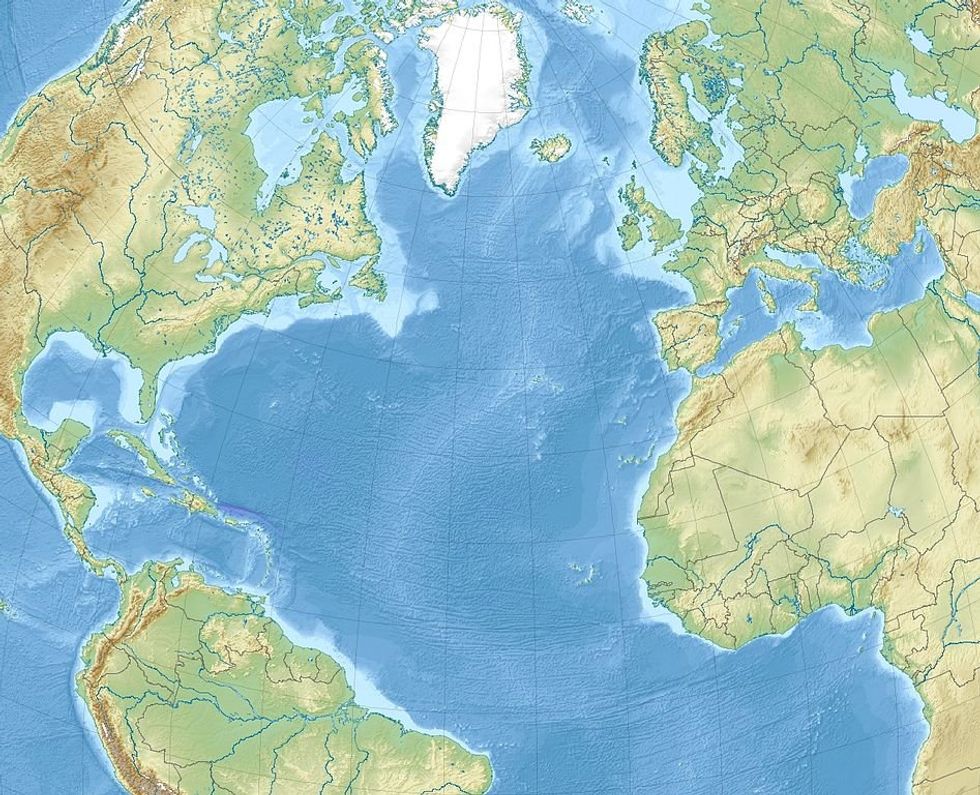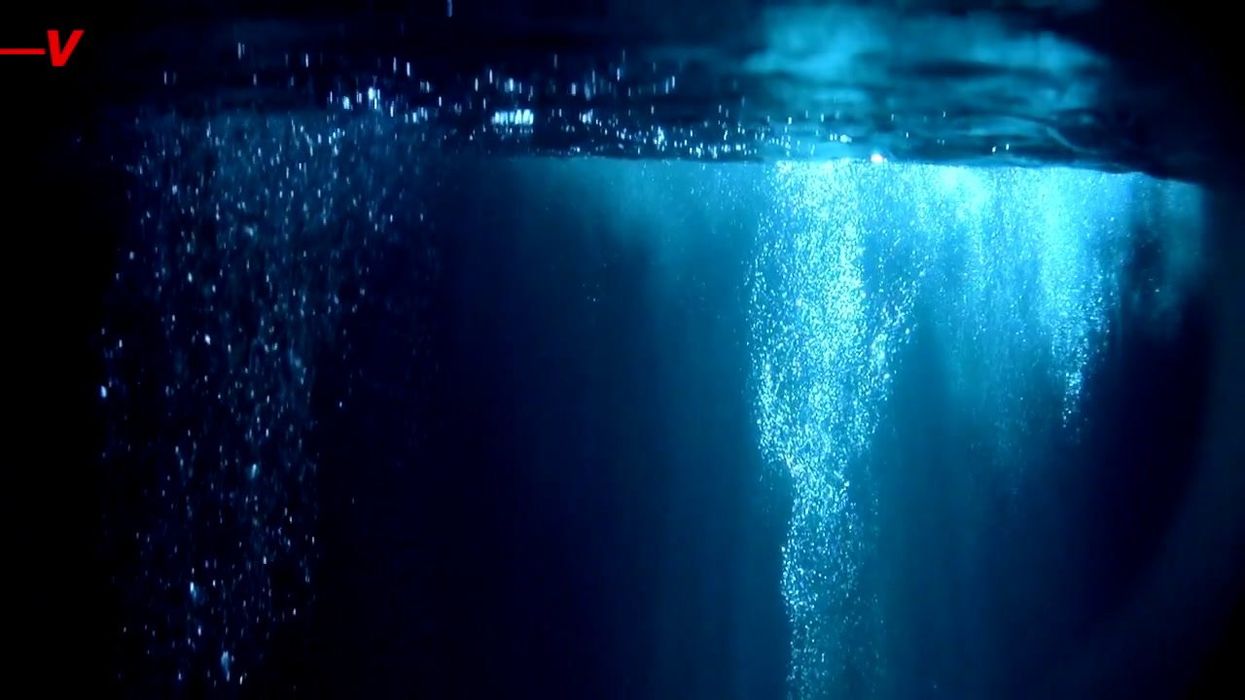Gregory Robinson
Nov 14, 2024
North Atlantic Ocean Set To Break Highest Recorded Surface Temperatures Ever and …
ZMG - Veuer / VideoElephant
Scientists have discovered the North Atlantic ocean has been getting saltier over the last 50 years.
The Atlantic ocean is saltier than the world’s other great ocean, the Pacific. This is because evaporation in the Atlantic is more intense, particularly in the tropics and subtropics. A more intense evaporation increases salinity by lowering its water content.
The Pacific is also connected to more major river systems and as a result it is constantly refreshed with more water from inland streams and mountains.
Researchers have now put forward a theory to explain the reason behind the North Atlantic’s increasing salinity.
Changes to the world’s climate and weather system are increasing the difference in saltiness between the two oceans.
At the Chinese Academy of Sciences, researchers found that the contrast in Atlantic-Pacific saltiness has gone up by almost six percent between 1965 and 2018. This effect has been spotted significantly in the upper 800 metres (2,624 feet) of water located in the northern mid-latitudes.

Warming ocean temperatures and wind are said to be the main suspects behind the shift. Higher ocean temperatures have led to the thermocline to move towards the poles. Thermocline is a layer in a body of water where the temperature changes with depth.
Meanwhile, changes in winds have pushed water together in mid-latitude oceans. And while both the temperature and wind effects have been spotted in the Pacific, it is most noticeable in the Atlantic. This accounts for its huge change in saltiness.
However, the scientists explained that they don’t fully understand the mechanism behind these complex processes. When they used ocean models, they struggled to accurately reproduce observed conditions in certain regions.
The increased saltiness could have a knock-on effect on marine wildlife and the environment. The researchers pondered whether changes in Atlantic salinity could destabilise its different layers which consist of water of different densities and temperatures.
But with that said, the findings also appear to show how climate change continues to have a massive impact on the environment and in ways people probably don’t expect, such as key systems.
The study was first published in the journal Nature Climate Change.
Sign up for our free indy100 weekly newsletter
How to join the indy100's free WhatsApp channel
Have your say in our news democracy. Click the upvote icon at the top of the page to help raise this article through the indy100 rankings
Top 100
The Conversation (0)














Jasmine Crockett hits back at JD Vance's 'street girl persona' jibe